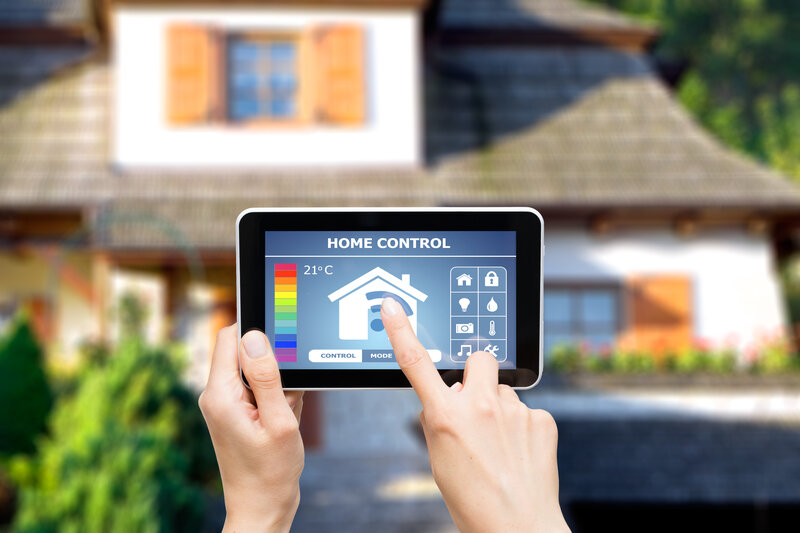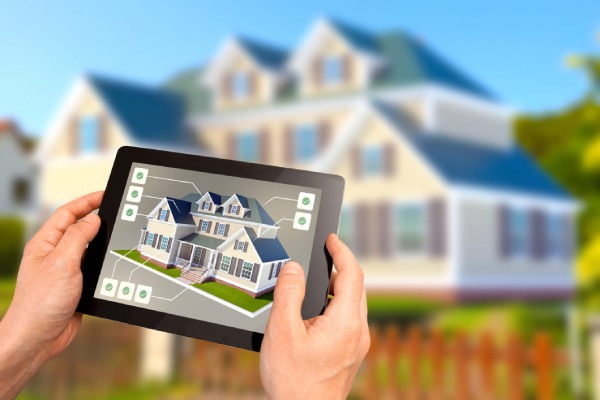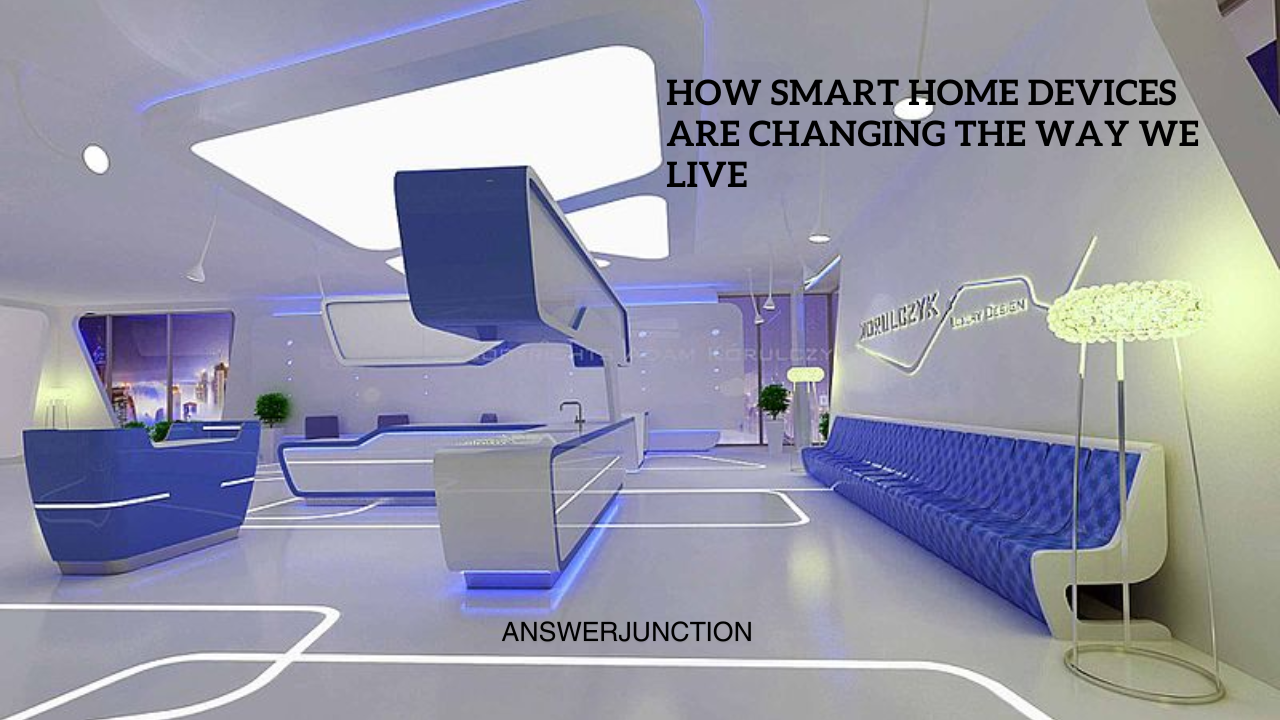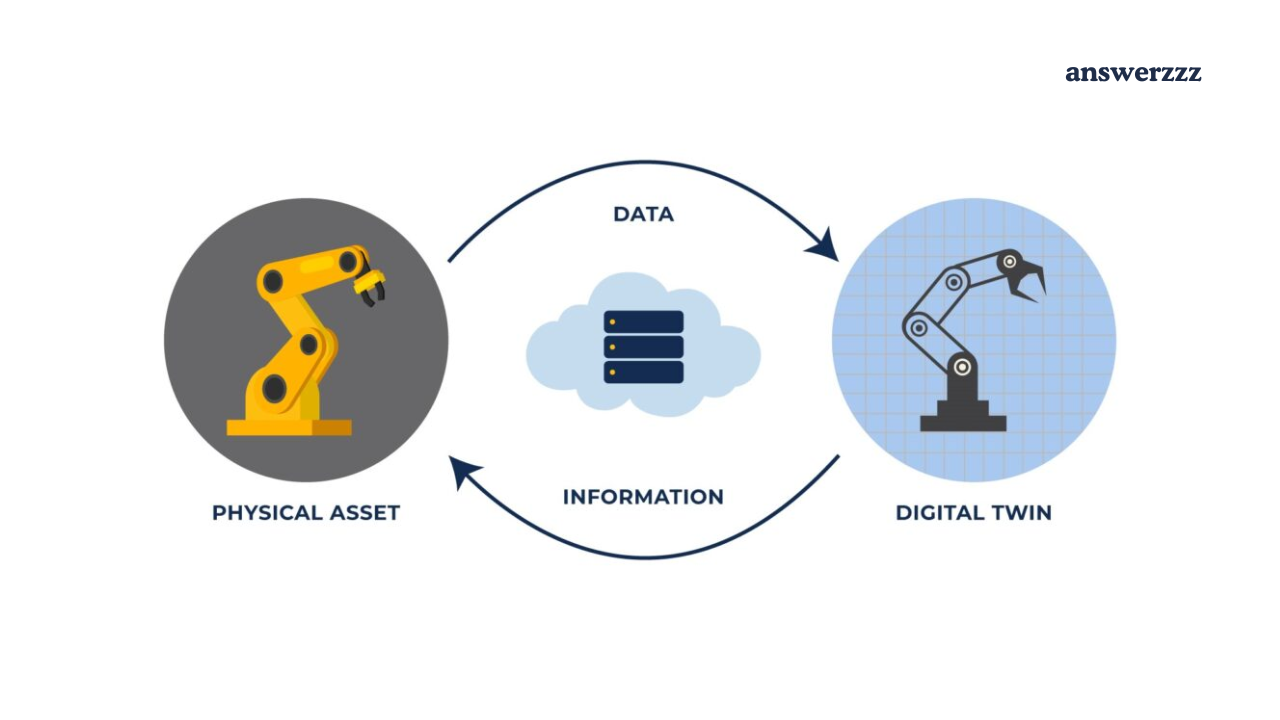In the age of technological advancement, smart home devices are transforming our daily lives, enhancing comfort, security, and efficiency. With the ability to control various home systems through a single interface, these devices are not just trends; they represent a significant shift in how we interact with our living spaces. This article explores the various aspects of smart home technology, its benefits, challenges, and the future of smart homes.
The Rise of Smart Home Technology

Smart home technology refers to a collection of devices connected through the internet, allowing users to control and monitor their homes remotely. This technology has evolved significantly over the last decade, fueled by advancements in artificial intelligence, the Internet of Things (IoT), and user-friendly applications.
Historical Context
The concept of automated homes dates back to the 1960s with the introduction of simple control systems. However, it wasn’t until the advent of the internet and wireless technology that smart home devices became accessible to the general public. The launch of products like the Nest Thermostat in 2011 and Amazon Echo in 2014 marked a turning point, leading to widespread adoption of smart home technology.
Types of Smart Home Devices
Smart home devices encompass a wide range of products, including:
- Smart Thermostats: These devices learn your heating and cooling preferences and adjust temperatures accordingly, leading to energy savings.
- Smart Lighting: Systems like Philips Hue allow users to control lighting through mobile apps or voice commands, enabling mood settings and energy efficiency.
- Smart Security Systems: Cameras, doorbells, and alarms that can be monitored remotely enhance home security and provide peace of mind.
- Smart Appliances: Refrigerators, ovens, and washing machines that can be controlled remotely improve convenience and efficiency.
- Smart Speakers: Devices like Amazon Echo and Google Home serve as central hubs, controlling other smart devices through voice commands.
Benefits of Smart Home Devices
The impact of smart home devices on our lives is profound, bringing numerous benefits that enhance daily living.
1. Increased Convenience
One of the most significant advantages of smart home technology is the convenience it provides. With the ability to control devices remotely through smartphones or voice commands, tasks that once required physical effort can now be accomplished with a simple tap or spoken instruction. For example, users can adjust the thermostat, turn off lights, or lock doors from anywhere, making everyday tasks easier.
2. Enhanced Security
Smart home security devices offer advanced protection features that traditional systems cannot match. With real-time monitoring and alerts, homeowners can keep an eye on their property even when they’re away. Smart doorbells equipped with cameras allow users to see who is at the door and communicate with them without opening it. Furthermore, smart locks provide an added layer of security by allowing users to control access remotely and monitor who enters and exits their homes.
3. Energy Efficiency
Smart home devices contribute to energy savings, which is not only cost-effective but also environmentally friendly. Smart thermostats can learn user habits and adjust heating and cooling accordingly, reducing energy consumption. Similarly, smart lighting systems can be programmed to turn off when not in use, leading to significant savings on electricity bills. This increased energy efficiency helps homeowners reduce their carbon footprint while saving money.
4. Improved Comfort and Quality of Life
The integration of smart home technology enhances comfort in various ways. Smart lighting can be adjusted to create the perfect ambience for different occasions, while smart speakers can play music or control other devices, enhancing the overall experience. Additionally, smart appliances streamline daily chores, making household management more efficient and less time-consuming.
5. Customization and Personalization
Smart home devices allow for a high level of customization. Users can create routines tailored to their lifestyles, such as setting the lights to dim at a specific time or having the coffee maker brew at the same time every morning. This personalization enhances the living experience and caters to individual preferences.
Challenges and Considerations
Despite the numerous benefits, the adoption of smart home devices also comes with challenges that potential users should consider.

1. Privacy Concerns
As smart home devices collect and transmit data, concerns about privacy and security have arisen. Hackers can exploit vulnerabilities in these devices to gain unauthorized access to personal information. Users must ensure they secure their networks and choose devices from reputable manufacturers that prioritize user privacy.
2. Compatibility Issues
With various manufacturers producing smart home devices, compatibility can be a significant issue. Not all devices work seamlessly together, making it challenging for users to create a cohesive smart home system. Choosing devices that follow common standards or are compatible with popular smart home hubs can mitigate these challenges.
3. Reliance on Internet Connectivity
Smart home devices typically rely on stable internet connectivity to function effectively. A poor connection can lead to disruptions in service or even render devices unusable. Homeowners must ensure they have a robust internet connection and consider backup options to maintain functionality during outages.
4. Initial Costs
While smart home devices can lead to long-term savings, the initial investment can be significant. High-quality devices often come with a higher price tag, which may deter some consumers. However, the benefits they provide, such as energy savings and increased security, can offset these initial costs over time.
The Future of Smart Home Technology
As technology continues to evolve, the future of smart homes looks promising. Innovations in artificial intelligence, machine learning, and IoT are expected to enhance the capabilities of smart devices further. Here are a few trends shaping the future of smart homes:
1. Greater Integration of AI
Artificial intelligence will play a pivotal role in the evolution of smart home technology. Devices equipped with AI can learn user behaviours, preferences, and routines, allowing for more personalized experiences. For instance, smart refrigerators could suggest recipes based on available ingredients, while smart thermostats could optimize energy use based on user patterns.
2. Enhanced Interoperability
The future will likely see improvements in interoperability among smart home devices. Manufacturers are increasingly recognizing the importance of compatibility, leading to the development of standardized protocols that allow devices from different brands to work together seamlessly. This interoperability will enhance user experiences and encourage greater adoption of smart home technology.
3. Expansion of Smart Home Ecosystems
The concept of a smart home ecosystem will continue to grow, with devices becoming more interconnected. Users will be able to create more complex automation scenarios, such as having the lights turn on, the thermostat adjusts, and the coffee maker brew when they wake up in the morning. This seamless integration will further enhance convenience and efficiency.
4. Focus on Sustainability
As consumers become more environmentally conscious, the demand for energy-efficient smart home devices will rise. Manufacturers will likely prioritize sustainability, creating products that minimize energy consumption and reduce waste. This shift will benefit both homeowners and the environment.
5. Healthcare Integration
Smart home technology will increasingly intersect with healthcare, allowing for remote monitoring and assistance for elderly or disabled individuals. Devices such as smart medication dispensers, health monitoring wearables, and smart home sensors can help caregivers ensure the safety and well-being of their loved ones.

Smart home devices are changing the way we live by enhancing convenience, security, and energy efficiency. As technology continues to advance, these devices will become even more integral to our daily lives, offering unprecedented levels of comfort and personalization. While challenges such as privacy concerns and compatibility issues exist, the benefits far outweigh the drawbacks. As we move into the future, smart homes will become the norm, shaping our lifestyles and transforming our living spaces for the better. Embracing this technology will not only improve our quality of life but also contribute to a more sustainable and connected world.



